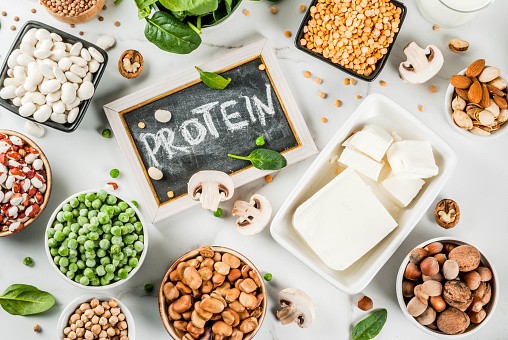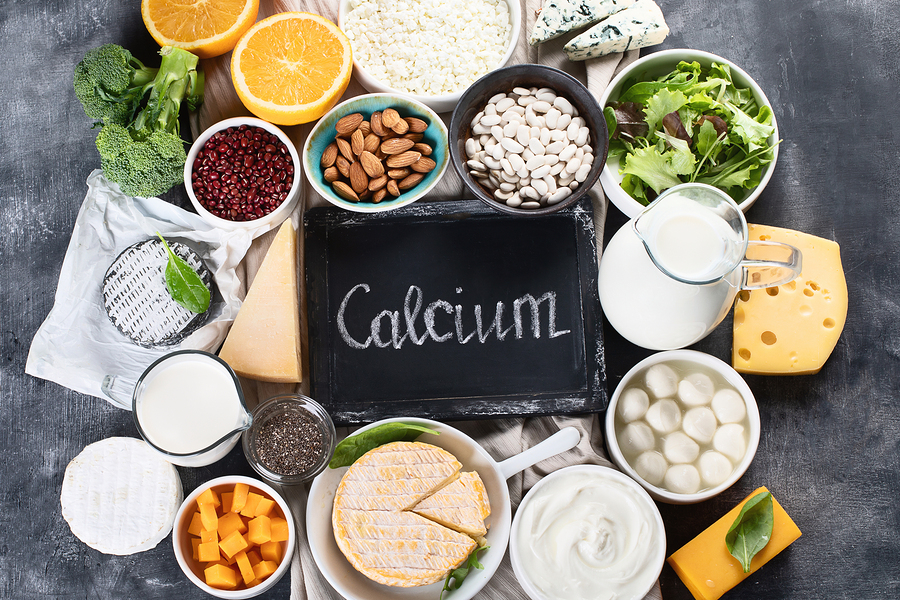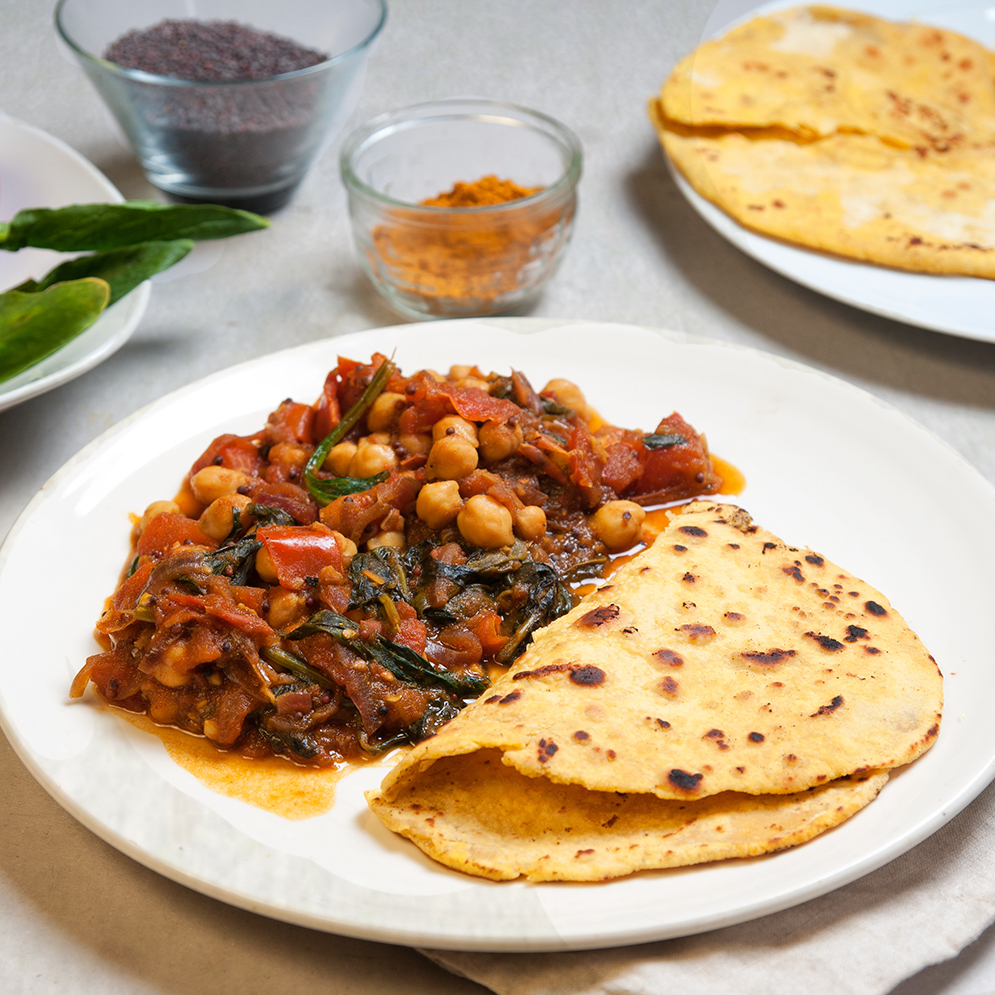Why A Plant-Based Diet Is Good For You
A plant-based diet tends to have less fat and saturated fat. Cutting down on saturated fat intake reduces the risk of heart disease and stroke.
Plant-based diets are trending these days
The good news is that not only is it a popular diet, the science actually supports a plant-based diet.
A plant-based diet is based on foods derived from mainly fruits, vegetables, whole grains, legumes, nuts and seeds, with little or few animal products.
Permutations of plant-based diets
You would have probably heard of such terms as flexitarian, vegetarian, (lacto-, ovo-, lacto-ovo-), and vegan which are all permutations of plant-based diets.
Flexitarianism is the most liberal form of a plant-based diet. Flexitarians follow a predominantly plant-based diet but occasionally still allow meat in their diet in moderation.
Lacto-vegetarian diets are centred on plant foods but include dairy products. Ovo-vegetarians (also called eggetarian in India) consume plant foods and eggs. Lacto-ovo-vegetarians are vegetarians who include eggs and dairy products.
Vegans are the strictest of the lot in which they only consume plant foods. Being the most restrictive type of plant-based diet means it runs the highest risk of nutrient deficiencies if the diet is not well balanced.
Why plant-based diets are beneficial to health
It's because they are high in fibre, vitamins, and minerals and low in saturated fat, which helps you manage your weight, and may reduce your risk of type 2 diabetes, cardiovascular disease, and some cancers.
Some high-fibre foods also have a lower glycaemic index (GI) which means they provide a slow release of carbohydrate into the blood and help with type 2 diabetes management. The combined effect of fibre and low GI may help keep you feeling full for longer.
Indirectly, this helps you snack less and consume a less calorific meal which is what you would want to do to control your weight.
A plant-based diet tends to have less fat and saturated fat. Cutting down on saturated fat intake (by substituting with polyunsaturated fats or complex carbohydrates) reduces the risk of heart disease and stroke.
Plant-based diets which are not well-planned are often questioned on the sufficiency of energy and protein.
Below are some nutrients you should pay attention to when considering a plant-based diet:
Protein
Protein is essential for building muscle tissue and repairing cells. Plant-based protein does not provide a complete source of essential amino acids unlike meat-based protein.
In order to provide all the different essential amino acids, it is important to have a variety of plant-based sources of protein including lentils, beans, chickpeas, seeds, nuts and nut butters (e.g. peanut butter), and tofu.
There is a multitude of plant-based meat alternatives such as those based on fungal protein (e.g. mushroom), wheat gluten, soy and pea/mung bean which is useful when adapting to a meatless diet.
Calcium
Calcium is important for bone health. An adult requires 1,000mg calcium/day. This is easily achieved by consuming dairy products (two to three cups of milk/day). However, if you do not consume dairy products, you would need to substitute with foods such as calcium-set tofu, green vegetables (e.g. broccoli, cabbage, okra), dried fruits (e.g. raisins, prunes, dried apricot), and fortified plant-based milk alternatives.
These plant-based milks are also used to make vegan cheese, vegan yoghurt, and dairy-free beverages. Pairing your meals with dairy-free beverages is a small but impactful way to start a plant-based diet. Popular brands have begun to introduce dairy-free alternatives in their ready-to-drink range. Worth checking them out ii your next grocery run.
Vitamin B12
Vitamin B12 deficiency can cause anaemia, fatigue, and numbness of extremities.
This nutrient is found mainly in animal sources. If you follow a strict plant-based diet, you will need to consume foods such as fortified cereals, tempeh, nutritional yeast, fortified plant-milk, mushrooms, or vitamin B12 supplements to avoid this nutrient deficiency.
Omega-3 fatty acid
The omega-3 fatty acid is beneficial to heart health.
Plant-based sources of omega-3 fatty acids include flaxseed, walnuts, and rapeseed. Choose cooking oils made with these and sprinkle some of these nuts or seeds in your breakfast cereal/smoothie.
Choosing to follow a plant-based diet is not difficult
You have vegan options for everything, from vegan mayonnaise to vegan bak kwa (meat jerky)!
Below are some ideas for a plant-based meal plan:
Breakfast:
Tosai with dhal curry, or
Wholemeal bread with nut butter or avocado slices, or
A drink/smoothie with a plant-based milk alternative
Lunch:
Gado-gado salad with tempeh, or
Soupy noodles with pak choy, seaweed, mushrooms, and fried fuchok skin, or
Turmeric fried rice with tofu, beans, and carrots
Mid-afternoon snack:
Banana smoothie made with a plant-based milk alternative, or
A handful of mixed nuts and dried fruits
Dinner:
Chapati with chickpea curry, stir-fried okra, or
Multigrain rice with steamed tofu with chopped french beans, stir-fried mixed vegetables with macadamia nuts, or
Multigrain rice with okra, brinjal and long bean curry, stir-fried cabbage
This story is the personal opinion of the writer. You too can submit a story as a SAYS reader by emailing us at [email protected].




